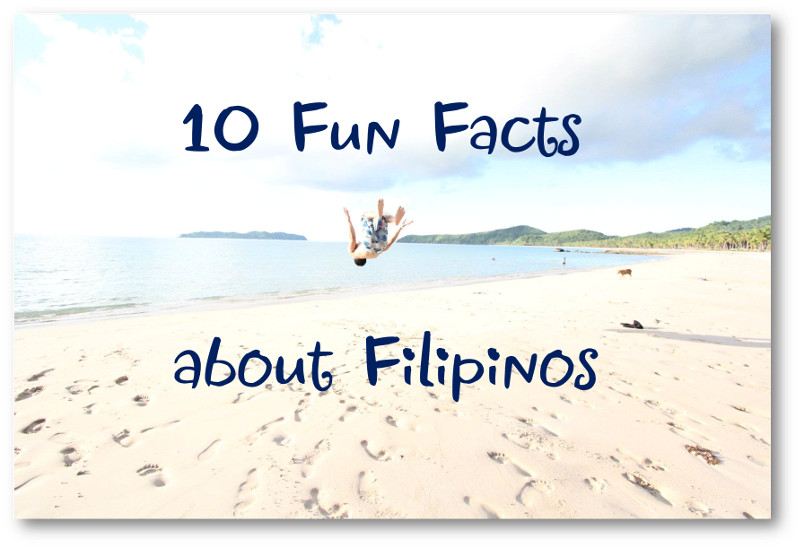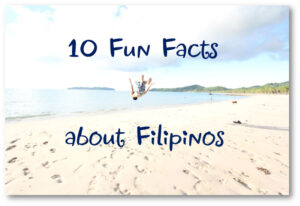Uruguay, nestled between Brazil and Argentina, might not always take the spotlight in South America, but it holds a unique charm that captivates anyone who ventures to its shores. This small nation features a diverse tapestry of beaches, rich culture, and compelling traditions. Let’s delve into some engaging facts about Uruguay that underscore its allure, particularly focusing on its beaches, culture, and the irresistible South American charm.
1. Stunning Beaches: The Uruguayan Coastline
Uruguay boasts an impressive 660 kilometers of coastline along the Atlantic Ocean. The beaches here range from bustling resort areas to tranquil hideaways. Punta del Este, often referred to as the “Monaco of South America,” is renowned for its glamorous vibe, attracting celebrities and tourists alike. In contrast, beaches like Cabo Polonio offer an untouched, rustic charm and an opportunity to disconnect from the modern world. The juxtaposition of these environments highlights the diversity of leisure experiences in Uruguay.
2. Colonia del Sacramento: A UNESCO World Heritage Site
The historic city of Colonia del Sacramento, established by the Portuguese in the late 17th century, features a well-preserved historical quarter. Its cobblestone streets, colonial architecture, and picturesque setting along the Río de la Plata showcase the blended cultural influences of Spain and Portugal. This charm is not just architectural; the slow-paced lifestyle invites visitors to explore on foot, unraveling layers of history at every turn.
3. The Cultural Fabric: Tango and Candombe
Uruguay has its own distinct contributions to the world of dance and music. While Argentina is famous for tango, Uruguayans have their interpretation, often infused with local flair. Candombe is another vibrant cultural expression, rooted in African rhythms and traditions, characterized by vibrant parades and drumming. The sound of candombe resonates during Uruguay’s Carnival, reflecting the nation’s multi-faceted cultural identity and underscoring the deep historical connections that continue to thrive today.
4. Mate: The National Beverage
In Uruguay, mate is not just a drink; it is a cultural ritual. This traditional herbal tea is shared in social settings, emphasizing camaraderie and connection. The process of drinking mate involves passing around a gourd and sharing a bombilla (straw), creating a sense of community that transcends mere beverage consumption. This custom highlights the Uruguayan emphasis on collective experiences and social bonding.
5. A Nation of Peace: Political Stability and Social Progress
Uruguay is often lauded for its political stability and progressive values. It was the first country in the world to legalize the production and sale of cannabis, a reflection of its forward-thinking approach to social issues. This inclination towards liberal policies, including same-sex marriage and robust social welfare systems, contributes to its reputation as a beacon of democracy and progress in the region.
6. Gastronomy: A Meat Lover’s Paradise
Uruguayan cuisine reflects its agrarian roots, heavily featuring meat, especially beef. The asado, or barbecue, is a quintessential social event in Uruguay, where families and friends gather around a grill to savor the sumptuous flavors of slow-cooked meats. The country is known for its high-quality grass-fed beef, and this culinary tradition highlights not only a deep appreciation for food but also the importance of family and friendship.
7. Montevideo: The Vibrant Capital
Pulsating with life, Montevideo is a blend of historic and modern influences. The Ciudad Vieja, or Old City, features architectural masterpieces, while the waterfront promenade, La Rambla, provides stunning views of the ocean. The capital is also home to a thriving arts scene, with numerous theaters, galleries, and cultural festivals. This vibrant atmosphere creates a dynamic urban experience that reflects the spirit of Uruguay.
8. The Great Outdoors: Nature and Exploration
While Uruguay is famous for its beaches, it is also a haven for nature enthusiasts. The country boasts a variety of natural parks and reserves. The Parque Nacional de Santa Teresa features breathtaking landscapes, including lush forests, extensive beaches, and rich wildlife. Meanwhile, the wetlands of the Esteros de Farrapos offer unique birdwatching opportunities. This embrace of nature aligns with Uruguayans’ respect for the environment and their love for outdoor activities.
9. The Influence of the Gauchos
The iconic gaucho, often romanticized in literature and folklore, embodies the spirit of Uruguayan culture. These skilled horsemen played a pivotal role in shaping the nation’s rural identity. Today, gaucho traditions endure through festivals and rodeos, showcasing equestrian skills and celebrating heritage. The gauchos’ lifestyle and values—freedom, independence, and respect for nature—continue to resonate within the society.
10. A Land of Festivals: Celebrating Identity and Tradition
Uruguay hosts a plethora of festivals that celebrate its rich cultural tapestry. Carnaval, perhaps the most renowned, is marked by lively parades, vibrant costumes, and the sounds of music filling the streets. Other local festivals highlight folk traditions, music, and food, creating an immersive experience for participants and showcasing the country’s cultural pride. These events foster community connections and encourage the sharing of traditions across generations.
Uruguay might be small, but it is undeniably rich in cultural depth, natural beauty, and social vibrancy. Its beaches offer a serene escape, while its cities pulse with life and creativity. For those who delve deeper into its essence, the nation reveals an extraordinary blend of historical character and modern values, making it a gem worth discovering in South America.











